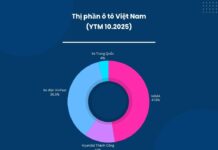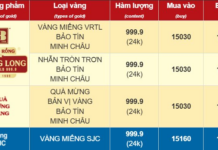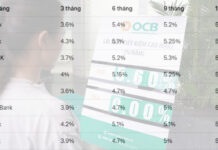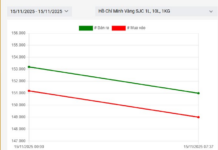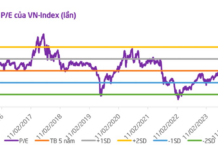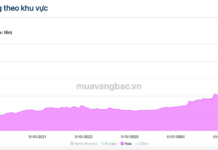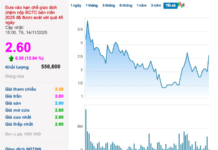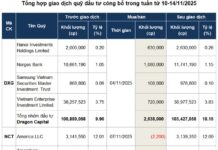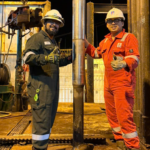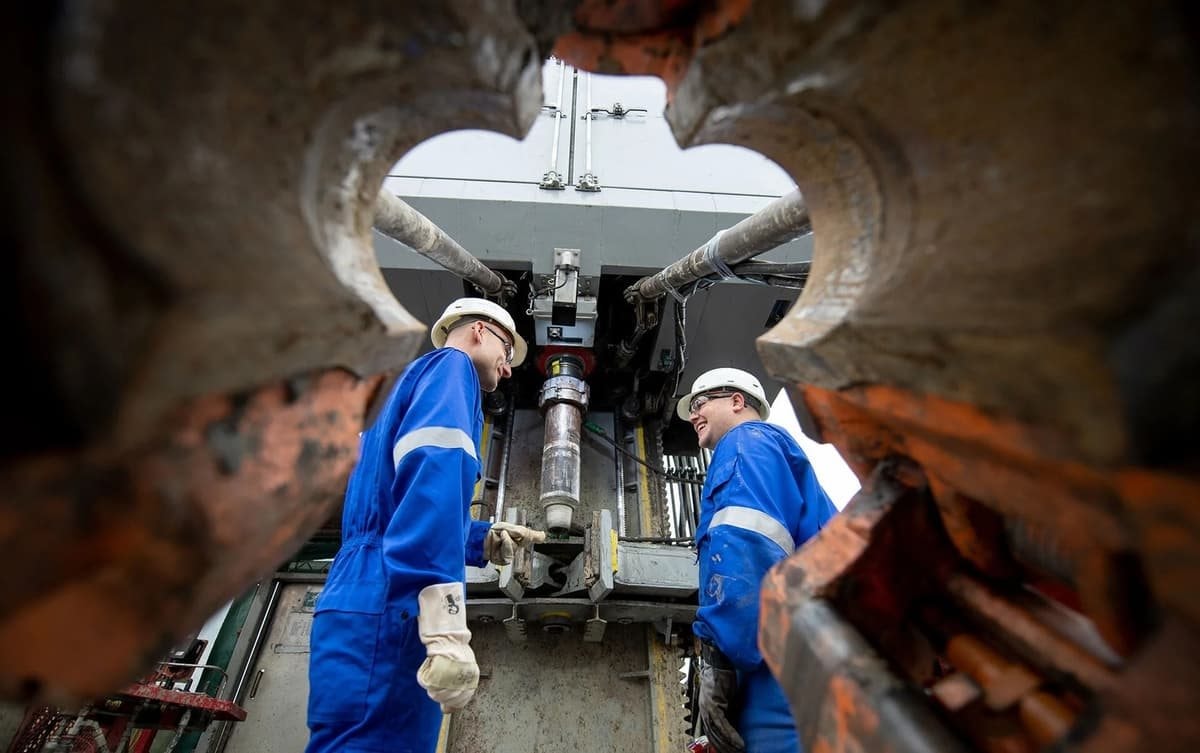
A global energy company has confirmed that Germany possesses one of the world’s largest lithium resources, with an estimated reserve of 43 million tons of lithium carbonate equivalent (LCE).
According to Neptune Energy, this resource is located in the Altmark region of Saxony-Anhalt, northern Germany, an area with a 55-year history of natural gas extraction.
The massive lithium deposit was verified after Neptune commissioned Sproule ERCE, an independent international valuation firm, to conduct a CIM/NI43-101-compliant mineral resource assessment for the lithium extraction project in the region.
Andreas Scheck, CEO of Neptune Energy, emphasized, “These results highlight the significant potential of our licensed areas in Saxony-Anhalt. This presents an opportunity for us to make a substantial contribution to the lithium supply chain in Germany and Europe.”
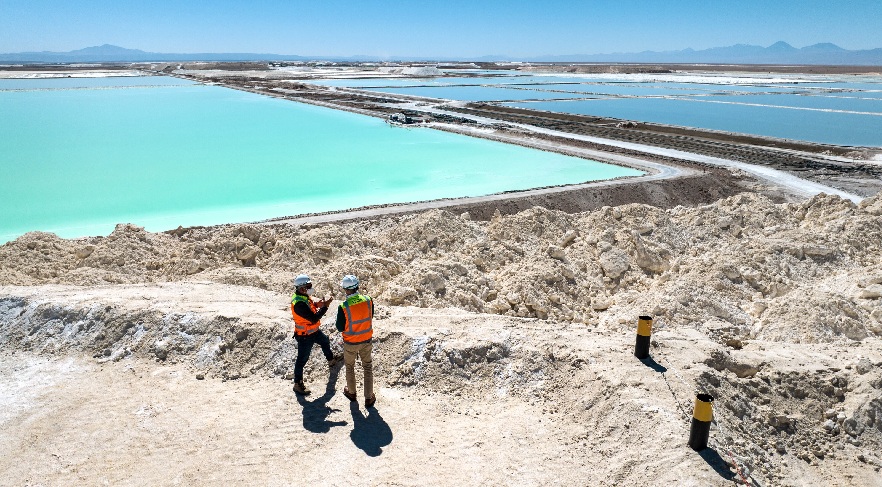
The Altmark Basin has long been a hub for natural gas extraction, once among Europe’s largest gas fields and part of the Permian Basin system stretching from Germany to Russia, Ukraine, and Poland.
Neptune Energy and its predecessor companies have operated in the area since 1969. New data reveals that the Rotliegend brine layer in the Altmark gas field is not only rich in minerals but also contains high concentrations of lithium.
Sproule ERCE confirmed the lithium reserves at 43 million tons of LCE, making Altmark one of the world’s largest single lithium projects.
For context, the “Lithium Triangle” (Argentina, Bolivia, Chile), which holds 53% of global reserves, boasts nearly 50 million tons.
In line with the green energy transition, Neptune Energy is shifting away from oil and gas extraction to focus on battery materials. Instead of environmentally damaging open-pit mining or evaporation ponds, the company employs Direct Lithium Extraction (DLE) technology from underground brine.
This technology uses advanced ion exchange and adsorption processes, minimizing land use and environmental impact while producing battery-grade lithium.
In August 2025, Neptune completed its second DLE pilot with partner Lilac, successfully producing battery-grade lithium carbonate from geothermal brine in Altmark. The company is now conducting a third pilot test using adsorption technology.
If granted extraction permits, Neptune will build a demonstration plant integrating extraction, processing, and production, before scaling up to full commercial operation.
Neptune Energy currently holds the Jeetze-L extraction license and three additional lithium exploration permits in Altmark. The company secured the Milde A-L and Milde C-L licenses in 2024, followed by Milde B-L in the southeastern part of the region in 2025.
Axel Wenke, Neptune Energy’s New Energy Director, stated, “Altmark combines geological potential, existing infrastructure, and technical expertise—ideal conditions for transitioning from gas extraction to environmentally friendly lithium production.”





